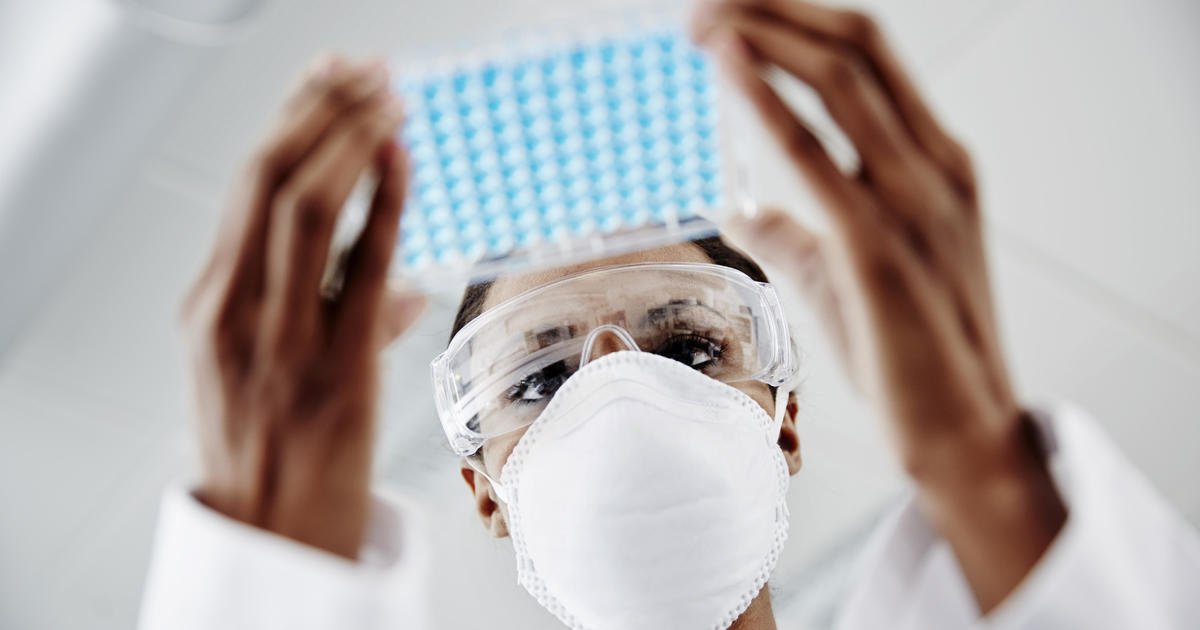
What the health care sector is selling to Wall Street: The “first trillion-dollar drug company is out there”

Every year, thousands of bankers, venture capitalists, private equity investors and other moneybags flock to San Francisco’s Union Square to pursue deals.
Scores of security guards keep the homeless, the snoops and the patent-stealers at bay, while the dealmakers pack into the cramped Westin St. Francis hotel and its surrounds to meet with cash-hungry executives from biotech and other health care companies.
After a few years of pandemic slack, the 2024 J.P. Morgan Healthcare Conference regained its full vigor, drawing 8,304 attendees in early January to talk science, medicine and, especially, money.
two years of semaglutide — something neither Medicare nor many insurers are covering in the U.S. even now.
But studies show people who go off the drugs typically regain two-thirds of what they lose, said Diana Thiara, medical director for the University of California-San Francisco weight management program.
Recent research shows that the use of these drugs for three years reduces the risk of death, heart attack and stroke in non-diabetic overweight patients. To do right by them, the U.S. health care system will have to reckon with the need for long-term use, she said.
“I’ve never heard an insurer say, ‘After two years of treating this diabetes, I hope you’re finished,'” she said. “Is there a bias against those with obesity?”
Spotlight on tax-exempt hospitals
Nonprofit hospitals showed off their investment appeal at the conference. Fifteen health systems representing major players across the country touted their value and the audience was intrigued: When headliners like the Mayo Clinic and the Cleveland Clinic took the stage, chairs were filled, and late arrivals crowded in the back of the room.
These hospitals, which are supposed to provide community benefits in exchange for not paying taxes, were eager to demonstrate financial stability and showcase money-making mechanisms besides patient care — they call it “revenue diversification.” PowerPoints skimmed through recent operating losses and lingered on the hospital systems’ vast cash reserves, expansion plans and for-profit partnerships to commercialize research discoveries.
At Mass General Brigham, such research has led to the development of 36 drugs currently in clinical trials, according to the hospital’s presentation. The Boston-based health system, which has $4 billion in committed research funding, said its findings have led to the formation of more than 300 companies in the past decade.
Hospital executives thanked existing bondholders and welcomed new investors.
“For those of you who hold our debt, taxable and tax-exempt, thank you,” John Mordach, chief financial officer of Jefferson Health, a health system in Pennsylvania and New Jersey. “For those who don’t, I think we’re a great, undervalued investment, and we get a great return.”
Other nonprofit hospitals talked up institutes to draw new patients and expand into lucrative territories. Sutter Health, based in California, said it plans to add 30 facilities in attractive markets across Northern California in the next three years. It expanded to the Central Coast in October after acquiring the Sansum Clinic.
Money from new — and old — treatments for autoimmune disease
Autoimmunity drugs, which earn the industry $200 billion globally each year, were another hot theme, with various companies talking up development programs aimed at using current cancer drug platforms to create remedies for conditions like lupus and rheumatoid arthritis.
AbbVie, which has led the sector with its $200 billion Humira, the world’s best-selling drug, had pride of place at the conference with a presentation in the hotel’s 10,000-square-foot Grand Ballroom.
President and Chief Operating Officer Robert Michael crowed about the company’s newer autoimmune drugs, Skyrizi and Rinvoq, and bragged that sales of two-decades-old Humira were going “better than anticipated.” Although nine biosimilar — essentially, generic — versions of the drug, adalimumab, entered the market last year, AbbVie expects to earn more than $7 billion on Humira this year since the “vast majority” of patients will remain on the market leader.
In its own presentation, biosimilar-maker Coherus BioSciences conceded that sales of Yusimry, its Humira knockoff listed at one-seventh the price of the original, would be flat until 2025, when Medicare changes take effect that could push health plans toward using cheaper drugs.
Biosimilars could save the U.S. health care system $100 billion a year, said Stefan Glombitza, CEO of Munich-based Formycon, another biosimilar-maker, but there are challenges since each biosimilar costs $150 million to $250 million to develop. Seeing nine companies enter the market to challenge Humira “was shocking,” he said. “I don’t think this will happen again.”
KFF Health News, formerly known as Kaiser Health News (KHN), is a national newsroom that produces in-depth journalism about health issues and is one of the core operating programs at KFF — the independent source for health policy research, polling, and journalism.
Source: cbsnews.com